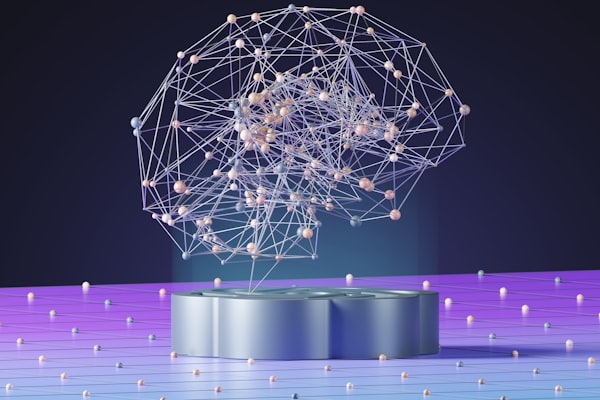Generative artificial intelligence is one of the most fascinating and quickly developing subfields of artificial intelligence. In recent years, there has been a notable advancement in this technology that enables robots to produce content on their own. As 2024 approaches, it is clear that generative AI has developed beyond its initial novelty to become a critical instrument propelling innovation in a multitude of fields.
Realizing your Creative Potential
Because it provides a fresh platform for expression and investigation, generative AI has long piqued the interest of artists and innovators. By 2024, artists are using AI algorithms to create captivating visual art, audio compositions, and even literary works, continuing this trend at an even faster pace.
The process of creating has been made more accessible by platforms such as Artbreeder and DeepDream Generator, which enable people to create original artworks by combining pre-existing pictures or delving into the bizarre worlds created by neural networks. These instruments act as catalysts for pushing the limits of conventional creative genres in addition to being sources of inspiration.
Redefining Content Creation
Generative AI is starting to transform content production in a variety of businesses outside of the arts. AI-generated assets are becoming more and more common in the film and gaming industries, simplifying production processes.
For example, AI-powered character and environment generators allow game creators to quickly add a wide variety of carefully designed features to large, open settings. In a similar vein, AI-driven writing tools help journalists, writers, and marketers create captivating stories and interesting material faster than ever before.
Personalization at Scale
Across many platforms and services, customisation has become a crucial difference in the era of abundant digital content. In this context, generative AI is essential since it allows for hyper-personalized experiences based on user choices.
E-commerce platforms utilize AI-generated suggestions to tailor product offerings to individual user preferences, boosting engagement and conversion rates. Streaming services employ generative algorithms to customize content suggestions, ensuring customers receive a curated selection aligned with their interests and viewing habits.
Scientific and medical advancements
Science and medicine are among the fields in which generative AI has an influence in addition to creativity and business. Artificial intelligence-driven models are speeding up the process of finding new compounds with medicinal promise in areas like drug development and molecular design.
With unparalleled speed and efficiency, researchers may uncover viable candidates for drug development by utilizing generative algorithms to explore enormous chemical landscapes. Furthermore, AI-powered imaging methods are transforming medical diagnostics. They improve the efficiency and precision with which doctors can identify and diagnose illnesses.
Ethical Considerations and Challenges
But the spread of generative AI also brings up issues and problems with ethics that need to be addressed. Because of the serious problems with algorithmic bias, data privacy, and the possible exploitation of AI-generated material, strong governance frameworks and moral standards.
Furthermore, concerns about authorship, ownership, and the nature of artistic expression arise as AI systems get better at imitating human creativity. To guarantee that generative AI remains a force for good, it is crucial to strike a balance between innovation and accountability.
In conclusion, 2024 will be a critical year in the development of generative AI. As the lines separating human and artificial intelligence become increasingly hazy, let’s embrace the opportunities that lie ahead. We set out on this revolutionary journey and stay attentive in our quest for a future in which artificial intelligence is a force for good.


